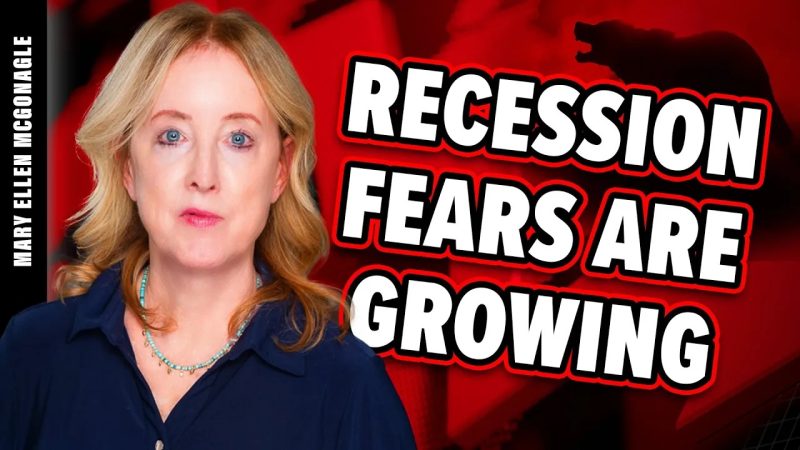In light of recent events, the world’s financial markets have been going through a tumultuous period as speculation of an impending recession looms large. The overarching uncertainty in the global economy has triggered significant fluctuations in various markets, with both investors and consumers feeling the impact across the board.
One of the key indicators pointing towards a downturn in the economy is the sharp decline in stock prices. Major indices such as the S&P 500 and Dow Jones Industrial Average have been experiencing volatility, with consecutive days of losses shaking investor confidence. The fear of a recession often leads to a sell-off of assets, exacerbating the downward trend and creating a self-fulfilling prophecy in some cases.
Not only are equities facing a bearish market sentiment, but other asset classes are also feeling the heat. Commodities like oil and gold, which are often seen as safe havens during times of economic uncertainty, have not been immune to the recent sell-offs. The prices of these commodities have been on a downward spiral, reflecting concerns about weakening global demand and a potential economic slowdown.
Amidst these challenges, central banks and policymakers are closely monitoring the situation and contemplating potential measures to stabilize the markets. The Federal Reserve, in particular, has been under pressure to reassess its monetary policy stance in response to the changing economic landscape. Interest rate cuts and other easing measures could be on the horizon as authorities seek to mitigate the impact of a possible recession.
Furthermore, the ongoing trade tensions between major economies like the U.S. and China have added another layer of complexity to the market dynamics. The uncertainty surrounding the outcome of trade negotiations has been a major source of concern for investors, as tariffs and trade barriers continue to disrupt global supply chains and weigh on economic growth prospects.
Despite the prevailing gloom and doom, it is essential for market participants to adopt a cautious yet proactive approach during these times of uncertainty. Diversification, risk management, and a long-term investment perspective are key principles to navigate the choppy waters of a volatile market. Additionally, staying informed and seeking professional advice can help investors make well-informed decisions amidst the prevailing economic challenges.
In conclusion, while the current market conditions are indeed daunting, it is essential to remember that economic cycles are a natural part of the financial landscape. By staying vigilant, informed, and proactive, investors can weather the storm and potentially identify opportunities amidst the turmoil. As we brace for potential headwinds in the global economy, resilience and prudence will be critical in managing the uncertainties that lie ahead.
